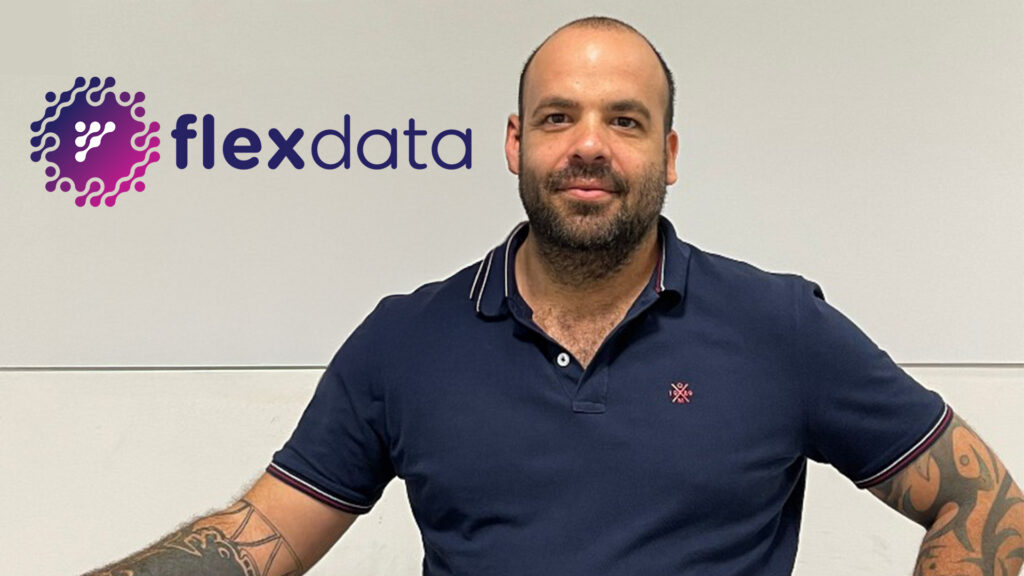
B2M Solutions CRO Gary Lee’s 2020 Predictions for Enterprise Mobility
Almost every business across the globe is using mobile devices to optimise processes, streamline workflows and increase workforce productivity. Enterprise mobility is therefore a critical component of the day to day operations of many businesses that make up the global economy. But, as 5G becomes established and digital transformation earns commonplace, what is in store for enterprise mobility in 2020? Gary Lee, Chief Revenue Officer, B2M Solutions, shares his thoughts.
1. Android Continues to Expand in the Enterprise while iOS falters
Android has steadily evolved into a platform of choice for many enterprises, with a wide array of choices in rugged and consumer-grade devices available from a variety of manufacturers. iOS is only available from Apple and Apple is only producing consumer-grade devices. Consequently, OEMs are now offering extended support for devices chosen in the Android space, guaranteeing the Enterprise a 3-5 year support for the device and Android OS chosen. Apple continues to not offer any reassurances to the enterprise that a device selected today will not be discontinued from their manufacturing line in the near future, creating a challenge for any enterprise customer wishing to standardise and expand their deployment over many years.
2. It’s about the platform and the platform’s ability to provide Actionable Intelligence – not the device
Where just 10 years ago, decisions about mobility were very device-centric, with decisions made on hardware specs and performance, today, mobile devices are just one of many “Things” in the Internet of Things, and are one of many End Points which include desktop, mobile, sensors, etc. Cloud-based software and data lakes collect information from all these things and using machine learning and AI they create actionable insights and intelligence. As we go into 2020 and beyond, purchasing decisions will be about this entire platform view and not just traditional feeds, speeds or specs of devices.
3. 5G will drive further need for uptime for mobile devices and new support and operations models
The speeds and low-latency that comes with 5G will drive new client / server / database models as well as the dependence on real-time transactions between mobile devices and cloud servers / data lakes. 5G will create new and enhanced applications, which all depend on always-available connectivity and low-latency transactions with cloud-based systems. And with that, the need for 24/7 uptime and availability of these devices and their connections to the cloud will be business critical. So too will the evolution of Support and Operations models for mobile devices and applications. These will need to change to more of a real-time monitoring and proactive alerting system to identify any issues ahead of a device failure. A consequence of 5G is that downtime of mobile devices will become very expensive in the new world of always on, instantaneous connections which drive business processes.
4. Device-aaS and Mobile-aaS commercial models will proliferate with more and more features
This will eliminate the CAPEX v OPEX decision for the CFO and provides guaranteed refresh cycles without leaving stranded capital. However, this is quickly becoming a crowded space with feature sets looking the same, and decisions being largely made based on finance rates. Therefore, the opportunity in 2020 is to broaden offerings with additional features by service providers.
5. Traditional distribution networks for purchasing devices will collapse
Declining prices and margins combined with an increase in offerings from master distributors and VARs means an enterprise can get all its mobile needs from a single source. This means we will soon see the collapse of 2 and 3-tiered distribution schemes to reach the enterprise customer and that may result in more aggressive pricing to enterprise customers in the short term.
6. Telematics and the tracking of all points in the supply chain will continue to expand and go beyond vehicles to include mobile devices
This is a great time to be an efficiency expert focused on driving costs down because nowadays you can measure everything and optimize everything by gathering data from end points, apps and users. A huge driving force behind this has been the growth and expectation of same-day delivery in the retail sector. A consequence of this, however, is that Custom Application Development and Delivery will become more complex, not simpler.
7. Custom Application Development and Delivery becomes more complex, not simpler
The development and successful deployment of custom mobile applications continues to be a challenge for those managing mobility within the enterprise. In a world of Continuous Integration Continuous Development (CICD), application updates are usually distributed every few weeks. And with enterprises now running 5-7 custom applications on each enterprise device, IT departments are in a model of continuously updating applications, while also patching mobile operating systems, and dealing with physical device challenges as well. This constant stream of changes, combined with the sheer complexity of supporting varying device types from various manufacturers and often different versions of Android or Windows in the field, means the complexity of regression testing each app update is daunting. The result is that application stability, largely due to application updates in this extremely dynamic and complex enterprise mobile environment is one of the top issues to be resolved in 2020 and beyond.
8. Distribution of the daily management of devices, apps and users
Businesses can no longer afford for their centralised IT function to have total control and visibility. This means they need to join forces with mobile workers to give them the power to better understand the health, utilisation and even basic tools of their mobile devices. This will provide scalability and offloads already overburdened IT departments, but it requires new tools and new methods of dealing with device management in a proactive way.
9. Businesses will realise mobile is critical and start to focus on avoiding downtime for workers and end users
Consequently, management systems and operations will mature in 2020 to manage this. The benefit of doing so will be true real-time views into health and utilization of all mobile devices in a business network. This will allow the companies that move quickly to get ahead of the competition by avoiding device downtime and reducing the impact on productivity.
10. As customers demand more proactive and preventative services to avoid device downtime rather than reactive solutions to a problem that has already caused trouble, there will be a shift in expectations and models for managed service providers
A by-product of this is that new entrants focused on break-fix and even reverse logistics, which started in consumer repair models, are now shifting into the enterprise space. These companies promise on-premise repairs scheduled by the end users.




















